reading
A list of books I've read or aspire to read one day. My goals for reading: chill offline time, learn cool things, stop reading things when I'm not enjoying reading them. You can help me with 'learn cool things' by reaching out if you've read any of these and want to discuss them or share what you learned!
Books labelled "home library" are available to borrow if you're a friend living near me :)
I'm trying to abandon more books before I finish reading them, to incentivize myself to stop reading things I don't enjoy reading. Current goal: 20 books started after Nov 23, 2020 (at least one chapter read) and since abandoned. Current progress: 15/20 (75.0%)
Filter by reading status:
Filter by of the selected tags:

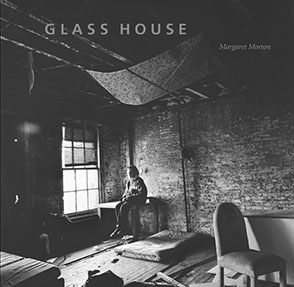
Glass House
read as of Aug 20, 2024
Really neat oral history of a community of squatters in the 90s.

Le Petit Prince
read as of Aug 12, 2024
Read this with someone to practice French together! I've heard that this book is great, and quite profound and dark for a children's book.
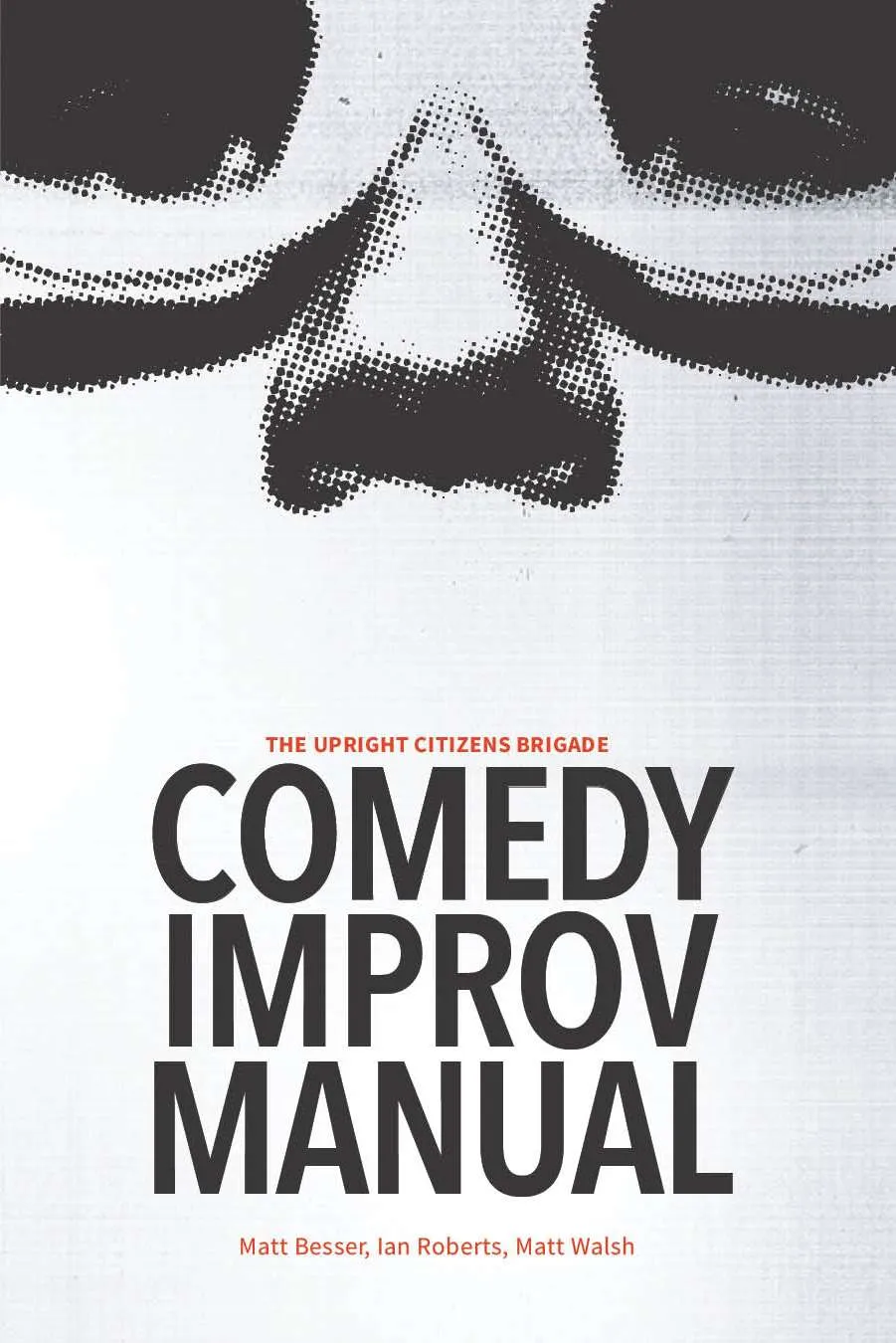
Upright Citizens Brigade Comedy Improv Manual
abandoned as of Aug 2, 2024

Anarchic Agreements
read as of Jul 30, 2024
Feels very helpful for brainstorming structures for community management! I read most of this a year ago and finally finished the appendix over the last week.

Beyond Survival: Strategies and Stories from the Transformative Justice Movement
want to read as of Jul 23, 2024

Falling Back in Love with Being Human: Letters to Lost Souls
want to read as of Jul 23, 2024

The Three-Body Problem
read as of Jul 22, 2024

The Unreal and the Real: Outer Space, Inner Lands
want to read as of Jul 19, 2024

The Art of Gathering: How We Meet and Why It Matters
read as of Jul 16, 2024
Great food for thought, and also lots of really great stories of various gatherings.

Welcome to St. Hell: My Trans Teen Misadventure
want to read as of Jun 19, 2024
The 11yo I live with enjoyed this and recommended it to me!

The Legacy of Yangchen
read as of May 31, 2024
This series brings me both pessimism and optimism about human nature and societal governance.

Multiamory: Essential Tools for Modern Relationships
want to read as of May 26, 2024

Stone Butch Blues
want to read as of May 26, 2024

The Dawn of Yangchen
read as of May 22, 2024

The Shadow of Kyoshi
read as of May 13, 2024

The Rise of Kyoshi
read as of May 10, 2024
It was so delightful to get more canon stories from the avatar universe! This story has much more violence than the tv series. I appreciated the exploration of when one decides to use violence vs try to work things out peacefully.

A Walker's Sketchbook of San Francisco
want to read as of Apr 26, 2024
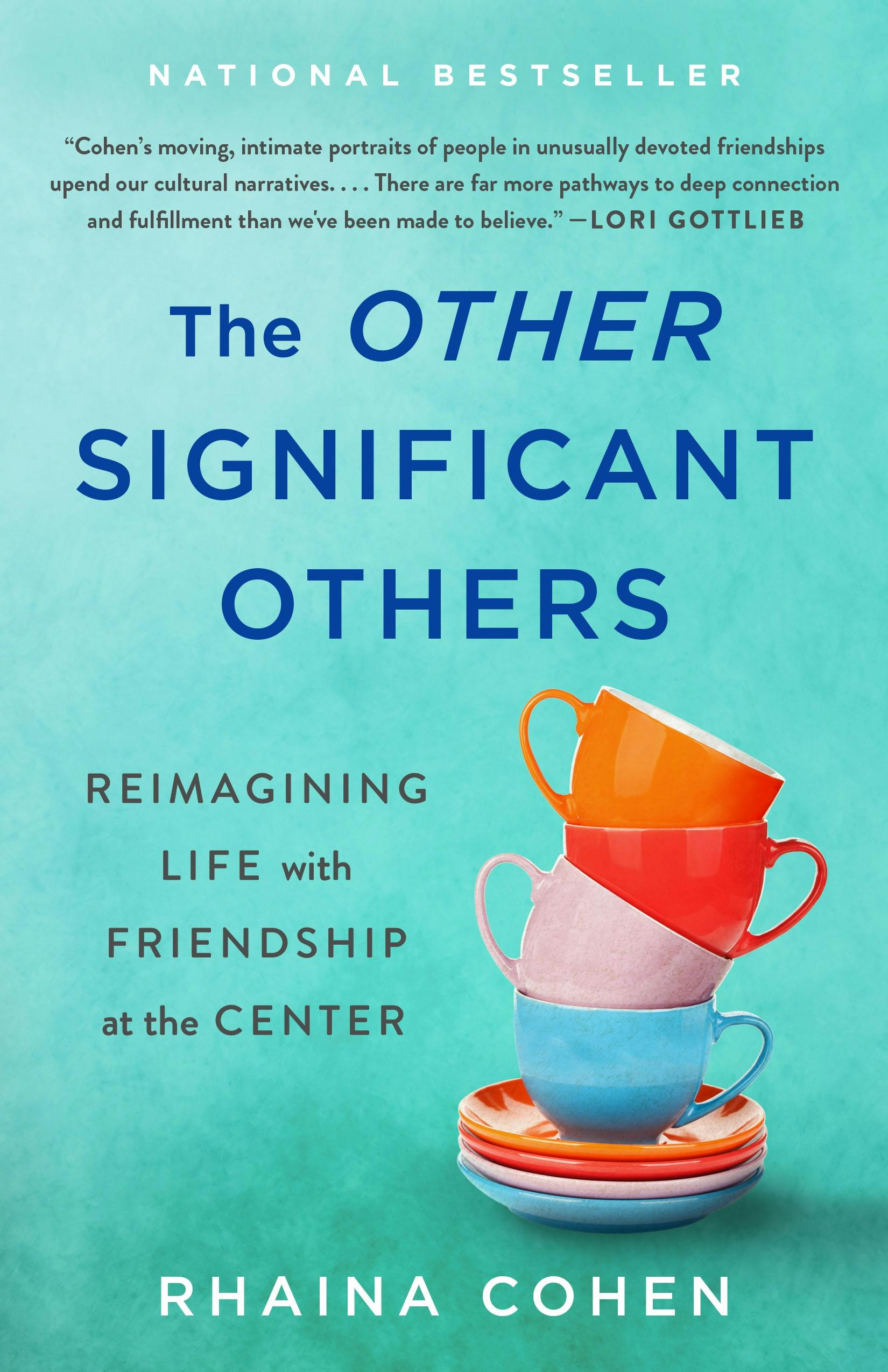
The Other Significant Others
read as of Apr 6, 2024

Stone Fruit
read as of Mar 22, 2024
"It’s a book about family, breakups, queerness, childhood, sisters, and healing, but most of all, Stone Fruit is an act of playfulness." I really enjoyed this book and felt like the characters and relationship problems depicted were complex and human.

Self-Therapy
read as of Mar 19, 2024
This felt like a really solid introduction to IFS -- it felt well organized, clearly written, and decently nuanced for an introductory book. I've recommended this book to several friends and been thinking about IFS a lot. It seems likely that IFS will make a huge difference for me in my mental health journey.

A Land with a People: Palestinians and Jews Confront Zionism
read as of Mar 12, 2024
Read for book club

Everything for Everyone: An Oral History of the New York Commune, 2052–2072
want to read as of Mar 7, 2024

You Are the One You've Been Waiting for: Applying Internal Family Systems to Intimate Relationships
want to read as of Feb 21, 2024

Fumbling Towards Repair: A Workbook for Community Accountability Facilitators
want to read as of Feb 15, 2024

Lexicon
read as of Feb 11, 2024
Stories where people may not be who they seem (and also where there is much death) kinda freak me out, but this book was definitely captivating. I like the idea of a magic built around the pursuasion of language. I still have many questions.

No Bad Parts
want to read as of Feb 8, 2024

Finance for the People: Getting a Grip on Your Finances
want to read as of Feb 7, 2024

The Little Book of Restorative Justice
want to read as of Jan 30, 2024

Teaching Resistance: Radicals, Revolutionaries, and Cultural Subversives in the Classroom
want to read as of Dec 15, 2023

Let This Radicalize You: Organizing and the Revolution of Reciprocal Care
want to read as of Dec 6, 2023

We Both Laughed in Pleasure: The Selected Diaries of Lou Sullivan
want to read as of Dec 6, 2023

How We Show Up: Reclaiming Family, Friendship, and Community
want to read as of Dec 2, 2023

The Manual of Psychedelic Support
want to read as of Nov 9, 2023

Micro Activism: How You Can Make a Difference in the World Without a Bullhorn
want to read as of Oct 30, 2023

Against the Loveless World
want to read as of Oct 23, 2023

Governing the Commons: The Evolution of Institutions for Collective Action
want to read as of Oct 16, 2023


Let's Decide Together: Practicing Sociocracy with Children
want to read as of Oct 8, 2023

How to Talk So Kids Will Listen & Listen So Kids Will Talk
want to read as of Oct 5, 2023

We Do This 'Til We Free Us
read as of Oct 3, 2023
Not totally sure if I'd recommend it, but I definitely enjoyed and learned from reading it as part of book club and having conversations around it.

The Moon Is a Harsh Mistress
want to read as of Sep 6, 2023

Is It Utopia Yet?
want to read as of Sep 6, 2023

What White People Can Do Next: From Allyship to Coalition
want to read as of Aug 28, 2023


Felicity
read as of Jul 22, 2023

The Sun Isn’t Out Long Enough
want to read as of Jul 10, 2023

Deschooling Society
want to read as of Jul 10, 2023

A Poetry Handbook
read as of Jul 8, 2023

A Brief History of Neoliberalism
want to read as of Jun 25, 2023

Everyday Utopia: What 2,000 Years of Wild Experiments Can Teach Us About the Good Life
want to read as of Jun 25, 2023
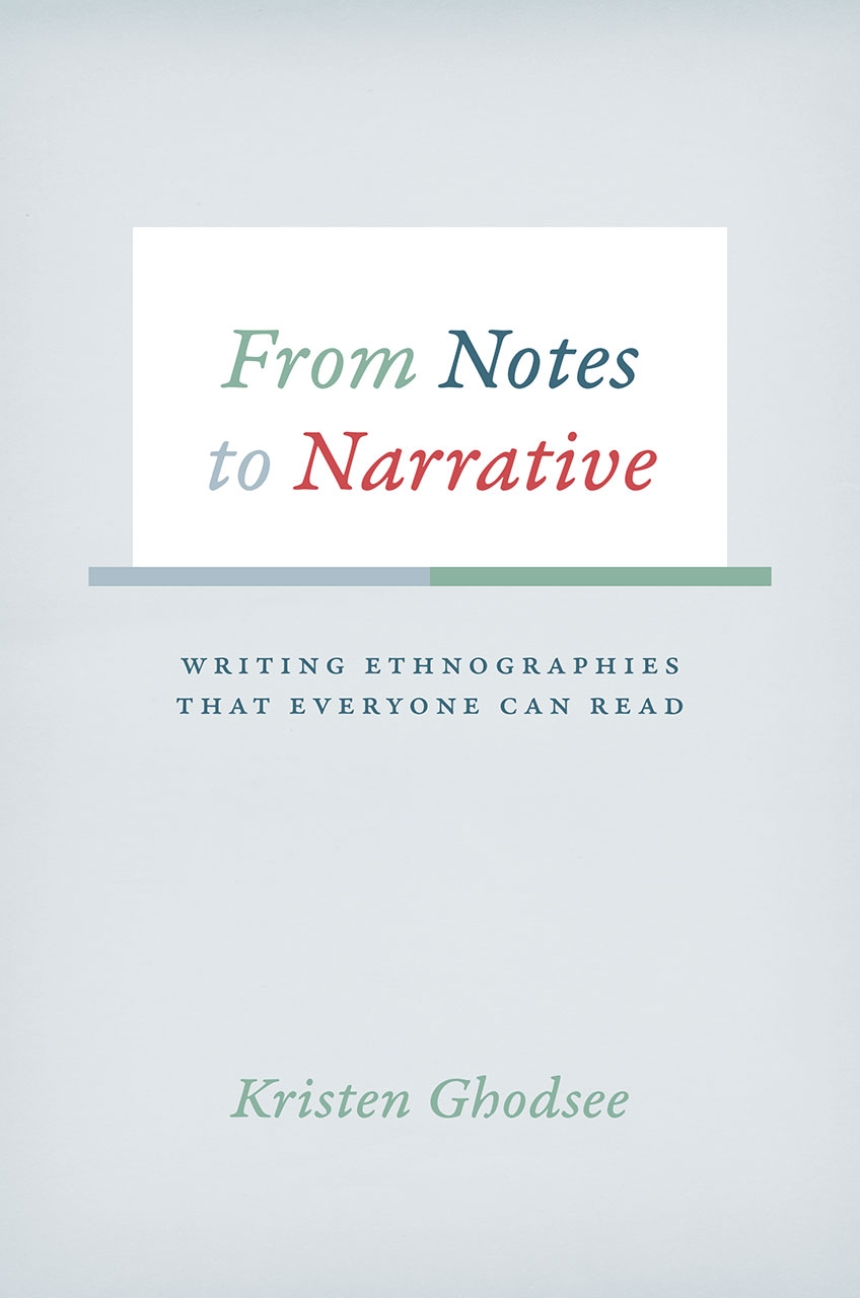
From Notes to Narrative: Writing Ethnographies That Everyone Can Read
want to read as of Jun 25, 2023



Evicted: Poverty and Profit in the American City
want to read as of May 29, 2023

Direct Action
want to read as of May 27, 2023

Parable of the Sower
read as of May 26, 2023
I'm really glad I read this. Felt like a very real potential future. Feels like something that even exists now around us to some extent.

Persepolis
want to read as of May 20, 2023

Sister Outsider: Essays and Speeches
want to read as of May 13, 2023

The Creative Act: A Way of Being
want to read as of May 7, 2023

Good Inside: A Guide to Becoming the Parent You Want to Be
want to read as of Apr 27, 2023
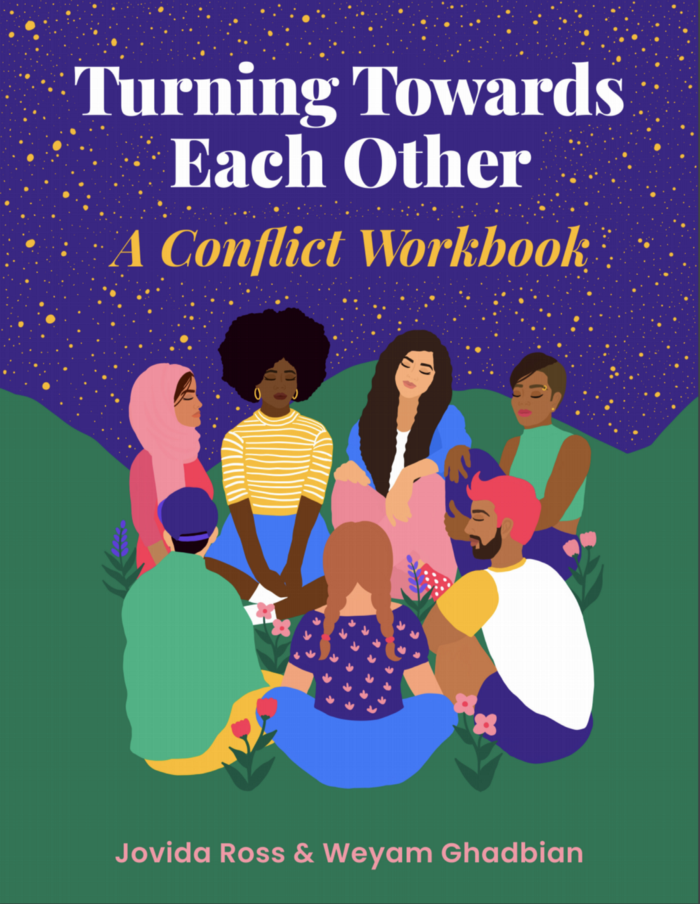
Turning Towards Each Other: A Conflict Workbook
want to read as of Apr 26, 2023

Bullshit Jobs
abandoned as of Apr 26, 2023
I liked the start, but it got repetitive and felt longer than it needed to be.
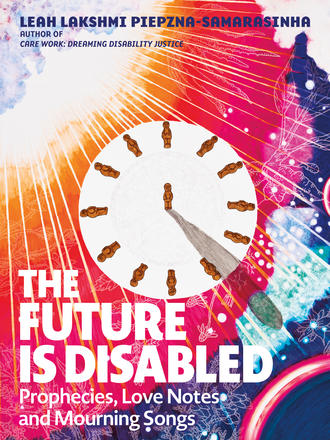
The Future Is Disabled
want to read as of Apr 24, 2023

The Seven Husbands of Evelyn Hugo
read as of Apr 23, 2023
I really appreciated this read, the way it challenges the good/bad binary, and the way it explores the relationship between standing up for what you want and hurting the people you love. But most of all I loved the way it depicted what close relationships and family can look like <3


Don't Go Without Me
want to read as of Mar 20, 2023

Turn This World Inside Out
read as of Mar 19, 2023
Essays and interviews on anxious attachment, shame, masculinity, harm, transformative justice, and nurturance. Reading this brought up a lot of feelings for me. I especially liked this essay on gaslighting.

Hyperbole and a Half
read as of Mar 7, 2023
More depressing than I expected! I really appreciate her willingness to talk blatantly about her flaws.

The Way Out
read as of Feb 19, 2023
Recommended by my doctor to deal with the pain that I've been assuming was nerve issues. After reading this book, I'm pretty sure most of the pain I've felt more recently was coming from my fear of nerve issues, and since starting this book the pain has already substantially decreased. I'd recommend this book to anyone -- it has tips to deal with physical discomfort and pain, but also has some really great advice about managing anxiety (which is related). It was really cool to see so many parallels between the way I've changed my relationship with anxiety and the way I want to change my relationship with pain.

How To Write An Autobiographical Novel
want to read as of Feb 17, 2023

The Magic Fish
read as of Feb 17, 2023
Read for graphic novel book club. This was really beautiful! Great stories, drawn beautifully, connected cleverly. A work of art.

The Diary of a Young Girl: The Definitive Edition
want to read as of Feb 10, 2023

A Wizard of Earthsea
read as of Feb 8, 2023

Zen and the Art of Motorcycle Maintenance
want to read as of Feb 7, 2023
Recommended by my ex to better understand them :p Might read as part of our relationship retrospective work.

Nonbinary: Memoirs of Gender and Identity
abandoned as of Feb 7, 2023
Started reading this for a local bookstore's book club, but eneded up making other plans that night. It was neat to read the essays, but wasn't quite what I wanted -- it would be cool to have a 201 version of this without explaining the fundamentals of gender and transition things, and getting into advanced gender fuckery. I might try to make a collection like that some time.

The Book of Delights
want to read as of Jan 22, 2023

You & a Bike & a Road
read as of Jan 20, 2023
Read this for graphic novel book club (which I just joined!) and enjoyed it. Helps me understand the appeal of going on a long bike trip. I enjoyed the graphic journalling format.

Why Art?
read as of Jan 11, 2023

A Prayer for the Crown-Shy
read as of Jan 4, 2023
The human world is this cute utopian-ish anarchist-ish place and I really enjoyed reading this book too!

Strangers to Ourselves: Unsettled Minds and the Stories That Make Us
want to read as of Dec 31, 2022

Unmasking Autism
read as of Dec 31, 2022
Recommended by a friend who identified with neurodivergence after reading this, and saw symptoms in me as well. This book helped me understand more about myself and many of my friends -- one of my biggest realizations while reading was that investing in my hobbies brings me a lot of joy and shared interests are a lot of how I feel connected to people. I also now more easily notice when I'm feeling sensoriliy overwhelmed or desire more structure. I'd recommend this book to most people I know!

A Psalm For The Wild-Built
read as of Dec 28, 2022
Cozy sci-fi about a nonbinary monk. Explores radical independence and also the journey of finding purpose or meaning. I really enjoyed this short read <3

Creative Interventions Toolkit
want to read as of Dec 26, 2022

Anarchism and Other Essays
want to read as of Dec 26, 2022
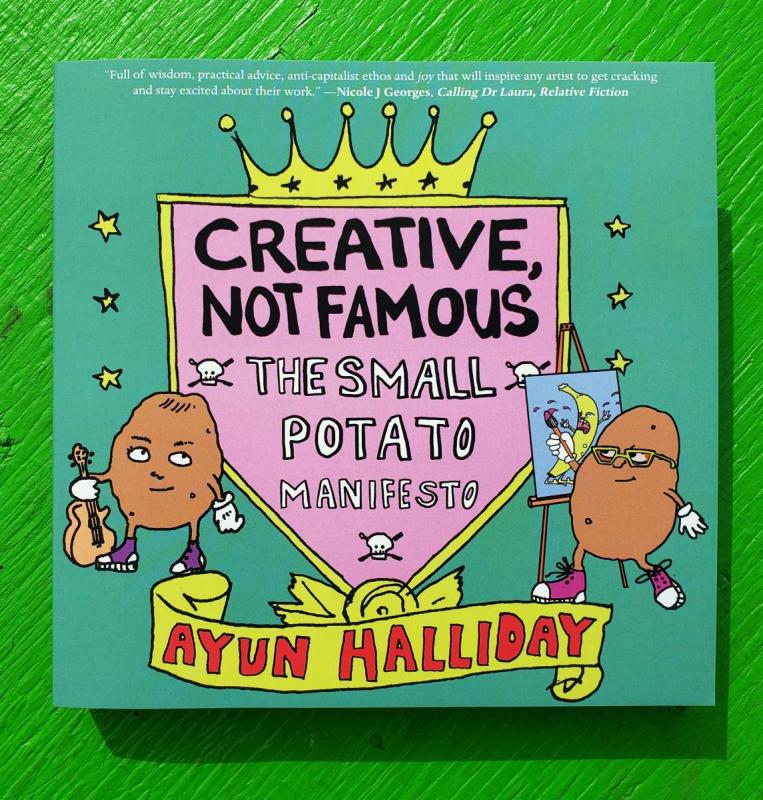
Creative, Not Famous
want to read as of Dec 26, 2022

From Conflict to Community: Transforming Conflicts Without Authorities
want to read as of Dec 26, 2022

Expressive Body in Life, Art and Therapy: Working with Movement, Metaphor and Meaning
want to read as of Dec 16, 2022

The Montessori Toddler
read as of Dec 13, 2022
I loved this! It's repetitive, but the ideas feel very aligned with the way I want to treat kids (and anyone), and it's a fairly quick read.

Platonic
want to read as of Dec 6, 2022

The Dawn Of Everything
abandoned as of Dec 1, 2022
Pretty interesting! But also a little long-winded, and the book club I was reading it with went on break for a bit. We'll see if we pick it up again.

Being Mortal: Medicine and What Matters in the End
want to read as of Nov 30, 2022

Tell The Machine Goodnight
read as of Nov 26, 2022
Quite engaging and easy to read. An interesting and somewhat depressing exploration of the pursuit of happiness. Definitely more like a collection of short stories than a novel. I liked the first half more.

After The Revolution
want to read as of Nov 25, 2022

Say What You Mean: A Mindful Approach to Nonviolent Communication
abandoned as of Nov 23, 2022
Started this for book club at my house that inevitably died. I enjoyed the parts that I read, though!

How To Keep House While Drowning
want to read as of Nov 22, 2022

Mamo
read as of Nov 12, 2022

The Night Circus
want to read as of Nov 4, 2022

Cannonball
read as of Nov 4, 2022
Recommended by a housemate with the note 'Existential dread + imposter syndrome + gayness <3 hought you'd be interested'

The Wretched Of The Earth
want to read as of Nov 3, 2022

The Good Neighbor: The Life and Work of Fred Rogers
want to read as of Nov 1, 2022

How Long 'Til Black Future Month?
abandoned as of Nov 1, 2022
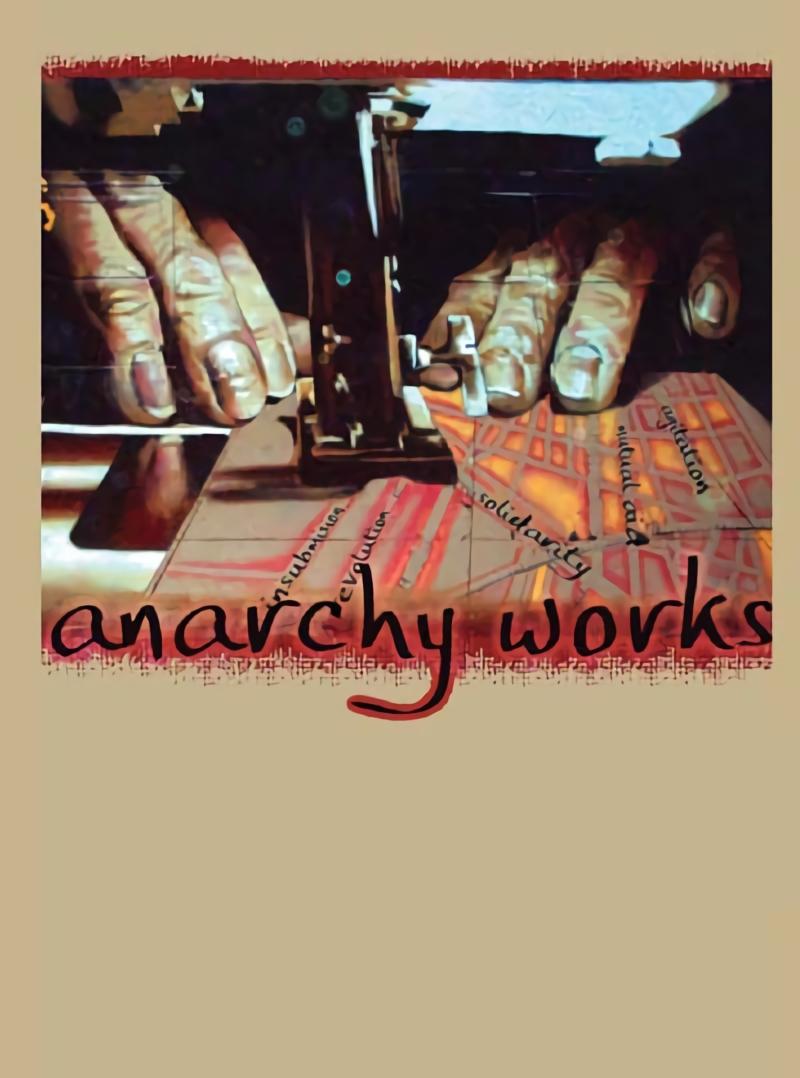
Anarchy Works
abandoned as of Oct 26, 2022
Read for politics reading group. The author raises good questions about anarchy, but their answers weren't very satisfying. Read most of it but skipped several sections towards the end.

The Communist Manifesto
read as of Oct 26, 2022
So many words I have to look up and so many sentences with way too many commas for me to be able to parse. But it's historically relevant and short, so still seems worth the read. Only got through it because it was for a reading club I'm in.

Queer Werewolves Destroy Capitalism: Smutty Stories
want to read as of Oct 25, 2022

Laziness Does Not Exist
want to read as of Oct 13, 2022

The Origin of Capitalism
want to read as of Oct 6, 2022

Care Work: Dreaming Disability Justice
want to read as of Sep 21, 2022

Rest Is Resistance
want to read as of Sep 20, 2022

Meeting At The Crossroads
want to read as of Sep 17, 2022

Breaking The Two-Party Doom Loop
want to read as of Sep 13, 2022

What Is Not Yours Is Not Yours
want to read as of Sep 12, 2022

The Metamorphosis
want to read as of Sep 11, 2022
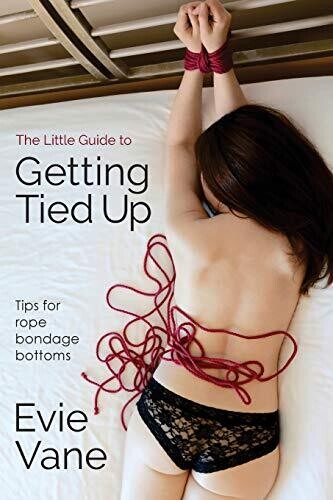
Little Guide to Getting Tied Up
read as of Aug 25, 2022
I don't agree with every single thing in the book, but damn this is such a good resource that brings up so many aspects of bottoming. I wish I'd read this years ago and I'm glad I did now.

Crooked Kingdom
read as of Aug 17, 2022
(This book is the sequel to Six of Crows.) This duology is so great. Characters with interesting backstories, hiest plots that are clever and keep surprising me. There’s a bit of gay stuff, there’s a lot of fun banter, there are disabled characters, there’s some stuff around forced sex work, PTSD, racism, and poverty. I’d definitely recommend them!

Six of Crows
read as of Aug 10, 2022
I didn't realize it was a hiest book until I started reading it, but wow what a fun and interesting story!

I Hope We Choose Love
want to read as of Aug 8, 2022

Devotions
want to read as of Jul 31, 2022

Do Androids Dream Of Electric Sheep?
read as of Jul 30, 2022
Engaging, but I was not a fan of the sexism and inconsistent plot details.

The Mathematician's Shiva
want to read as of Jul 20, 2022
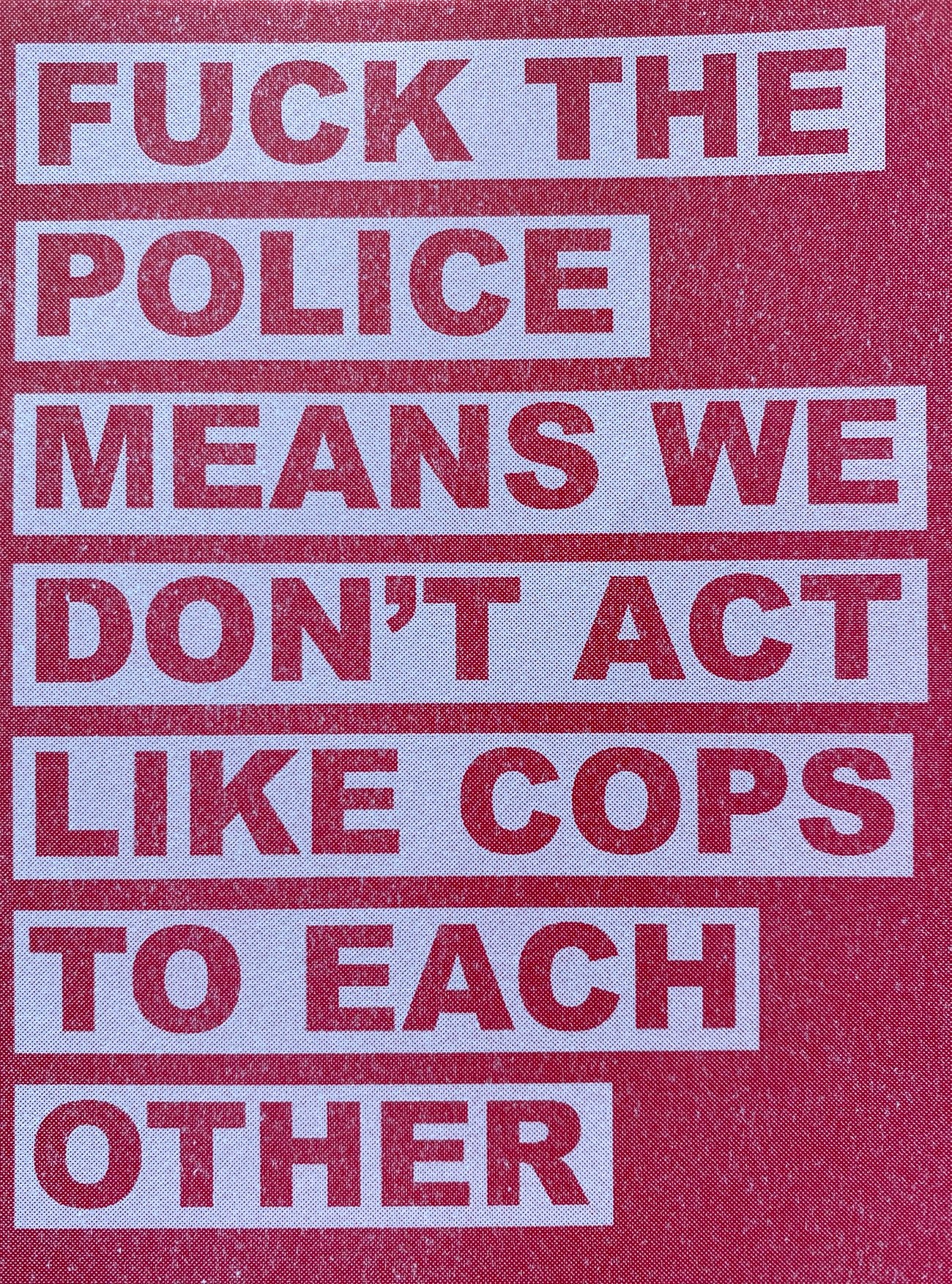
Fuck the Police Means We Don't Act Like Cops to Each Other
read as of Jul 16, 2022
A zine critiquing cancel culture in leftist communities. She writes about a lot of things I've been thinking about lately: trauma, identity, judgement, what it looks like to set boundaries, and how to take responsibility for harm.
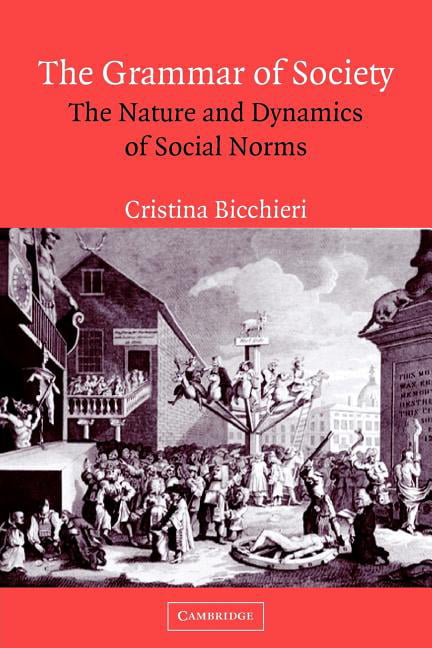
The Grammar of Society: The Nature and Dynamics of Social Norms
want to read as of jun 23, 2022


The Hard Tomorrow
read as of jun 14, 2022

Maus
read as of Jun 10, 2022
I had these books as a child but never read them. They're very good. I feel inspired to finally listen to that recording my mom made of her parents' account of surviving the holocaust.

The Artist's Way
read as of Apr 29, 2022
Read this in a group of four and we got through all twelve chapters. I think I'm glad I did it -- the rituals felt important, and there were some helpful thoughts I had from reading and especially from book club conversations. But overall, the book did not impress me -- too much emphasis on God and a view of spirituality that I don't vibe with, written from a lens of privilege, missing a lot of context of how tech affects people's lives now (it was written in the 90s), and surprisingly fixated on ways to deal with partners and friends who tear you down creatively. Some of the tasks were great, but a lot of them didn't feel relevant or helpful. I'd love to write a version of this some day that has the 10% I enjoyed and added commentary.
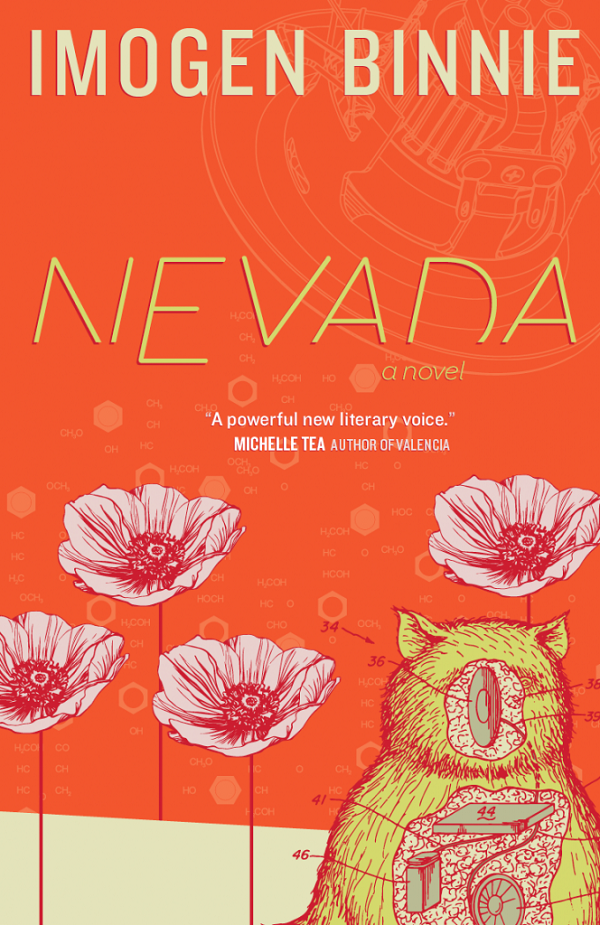
Nevada
read as of Apr 10, 2022
A very approachable read in terms of language and pacing. Emotionally it hit me like a ton of bricks. A woman has trauma from trans stuff and spending time on the leftist internet, spends all her time reading books and biking alone, and is checked out of her relationships and her life and her self. This book helped me feel more empathy for people who have trouble connecting with themselves and others, but it also felt very real and depressing.

Open Borders
abandoned as of Apr 7, 2022
Read for book club. Interesting to learn more about this discourse, but this book is so frustratingly focused on capitalism and on allowing 'low-skill workers' to benefit from moving to 'the wonderful USA' (and how that would also bring the USA more money). Couldn't bring myself to finish it.

Kushiel's Dart
want to read as of Apr 2, 2022

Iron Widow
want to read as of Mar 21, 2022
recommended by a friend. my notes: 'fighting aliens, people die, also fighting misogyny'

Golden Boys Beware
want to read as of Mar 21, 2022
recommended by a friend. my notes: 'assault and then murder'

Autobiography Of Red
want to read as of Mar 21, 2022
recommended by a friend. my notes: 'novel and poem, but actually an even easier read than any of the other recs'

Two Cheers For Anarchism
read as of Mar 18, 2022
Approachable and interesting. Really glad I read it. Unfinished notes here. I didn't enjoy the last couple chapters as much as the first few.

Somatics for Rope Bottoms
want to read as of Jan 17, 2022

One Last Stop
read as of Jan 17, 2022
A girl moves to NYC and falls in love with a punk lesbian who got stuck on the Q line in the 70s and can't get off. The characters are all fun, the story is wholesome and queer af and sometimes very hot. This book is totally written to appeal to a queer punk city-life nerdy kinky demographic, but hey I'm not complaining.

Gender Queer
read as of Dec 22, 2021
Educational and touching, and I think several people I know would enjoy reading it. It's not just about queering gender but also queering sexuality, and also queering queerness?

Polysecure: Attachment, Trauma and Consensual Nonmonogamy
read as of Dec 8, 2021
This book explores attachment theory in a more thoughtful and nuanced way than most other resources I've seen. It helped me better understand what I want from relationships, things that might be getting in the way (including a variety of types of trauma), and strategies to create those relationships. Definitely recommend.

Beautiful Country: A Memoir
want to read as of Nov 28, 2021
an immigration story from china, recommended by someone who said they got lost in it

Her Body And Other Parties
read as of Nov 24, 2021
A collection of deliciously unnerving short stories with themes around the experience of living in a women's body. I particularly enjoyed the first two and last two stories. I often found myself confused about what happened in the stories, since it's not often I read something where the aesthetic of the story matters more than concrete details of the plot, and I enjoyed reading analyses of the stories online.

Mutual Aid
read as of Nov 17, 2021
A short read, an accessible introduction to anarchist ideas, and decent advice for effective collaboration. It feels a bit like a political pamphlet making bold claims without much to back them up, but the ideas feel useful to think about regardless.

Stop Saving The Planet! An Environmentalist Manifesto
read as of Nov 8, 2021
A sassy and informative read about how capitalism is hurting the environments we live in.

Metaphors We Live By
want to read as of Oct 13, 2021
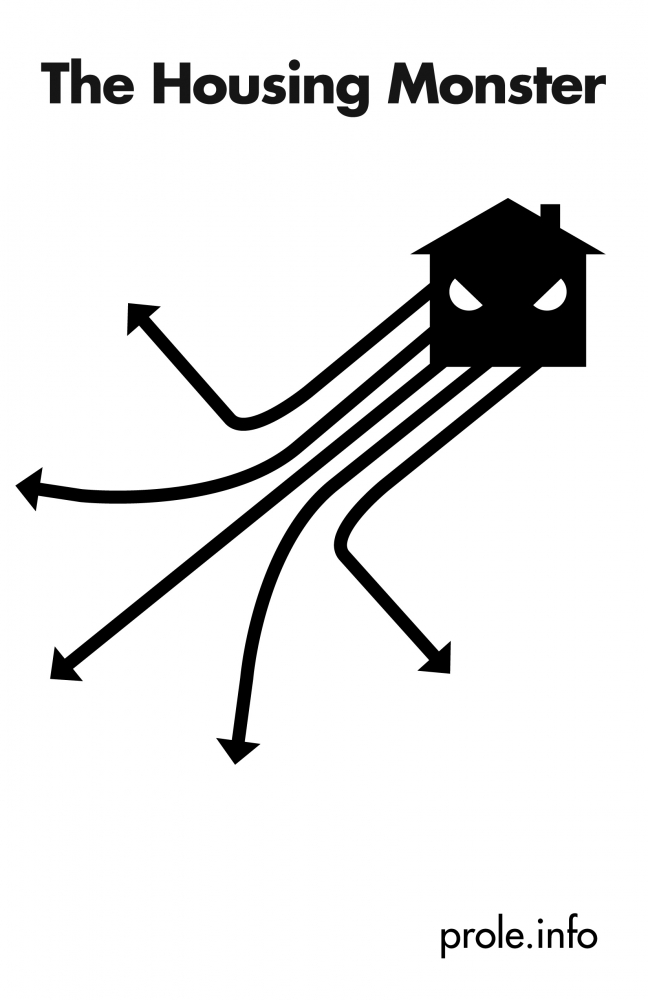
The Housing Monster
abandoned as of Oct 11, 2021
I thought it was interesting but kept not wanting to read it!! So I guess I'll consider it abandoned for now.

Tumblr Porn
want to read as of Sep 30, 2021

Gathering Moss
abandoned as of Sep 19, 2021
I love the concept of this book, and tried so hard to read it, and enjoyed the chapters i read, but I just can't find the attention span for this book these days.

In The Dream House: A Memoir
read as of Sep 11, 2021
A memoir detailing the story of an abusive queer relationship. Each chapter is short and captivatingly beautiful, combining into something indescribable. First book I've finished since April.

The Dominance Playbook
want to read as of Sep 07, 2021

Think Again
want to read as of Aug 25, 2021
recommended by my therapist, a book about about flexible thinking (flexible thinking for yourself, persuading others stuck in rigid thinking, how to be flexible in systems we work in)

Educated
want to read as of Aug 23, 2021

Gender Outlaw
want to read as of Aug 22, 2021

Sabrina
read as of Aug 10, 2021
I love the way it portrays day-to-day life alongside mysterious and horrible events - it helps the heaviness feel more real and intimate.

Kindred: A Graphic Novel Adaptation
want to read as of Aug 8, 2021

How to Do Nothing: Resisting the Attention Economy
abandoned as of Jul 14, 2021
I've noticed how good it feels to get off of my phone and just be mindful of things around me. I feel more creative, have more energy to think about things. This book talks more about this and I loved the anitcapitalist lense. I was finding it difficult to read chapters filled with historical anecdotes and abandoned in chapter 3. I was hoping the author would more quickly and clearly connect the anecdotes to the main ideas of the book.
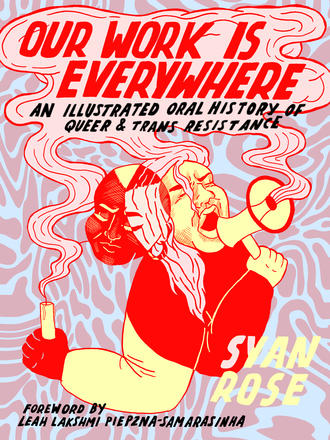
Our Work Is Everywhere: An Illustrated Oral History of Queer and Trans Resistance
want to read as of Jul 5, 2021

Debugging
want to read as of Jun 12, 2021

The Empathy Diaries
want to read as of May 10, 2021
A memoir about a humanities professor that studies technology and how it affects human communication, self-image, social dynamics. My friend couldn't put it down, and said she’s had a fascinating life and writes so honestly and vividly.

Do Not Say We Have Nothing
abandoned as of May 1, 2021
Recommended by a friend - historical ficiton about two musical, Chinese families. I had very slowly made my way through half of the book, but ran out of library renews after four months. I found it hard to get into - there were so many subplots it switches between and I never got that invested in any of them.

When You Reach Me
read as of Apr 1, 2021
A short, fun, and easy to read novel (written for kids / young adults), which is exactly what I've been looking for recently. Sci-fi mystery, and some exploration of friendships, class, and race. I really enjoyed it.

Nimona
read as of Mar 31, 2021
I read this in one sitting while laying in a park where dogs and children were playing, would recommend! (both the book and the park reading experience)

Creating a Life Together: Practical Tools to Grow Ecovillages and Intentional Communities
read as of Mar 29, 2021
Read this as part of research into what it would take to set up an urban community home. This book focuses a bit too much on specific rural/ecovillage details for my interests, and I'm skeptical of some of the author's opinions, but overall there was a wide variety of useful information here. I took some notes I might post here later :)

Witchlight
read as of Mar 29, 2021

Thinking in Systems
read as of Feb 25, 2021
A really great introduction to thinking about the world more complexly and interconnectedly. Includes several tips for making systemic changes. This is one of the few non-fiction books I've read that didn't feel like it had a lot of filler.

Thinking in Jazz: The Infinite Art of Improvisation
abandoned as of Feb 22, 2021
Jazz music has intrigued me for years - I enjoy listening to jazz, but I'm especially interested in learning more about musical improvisation, especially in a collaborative setting. A friend recommended this book to help me think more about this. I read the chapter he recommended, put it down, and the library asked for it back :p I took some notes I may put up here later.

Kiss Number 8
read as of Jan 31, 2021
Fun queer coming of age graphic novel. I quite enjoyed it, and it felt surprisingly nuanced for the format? idk why I was surprised

Trick Mirror
abandoned as of Jan 23, 2021

The Dispossessed
read as of Jan 3, 2021
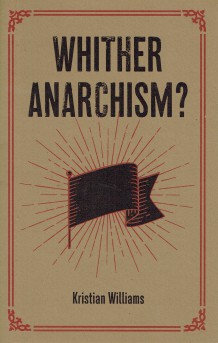
Whither Anarchism?
abandoned as of Dec 24, 2020
I really liked the first essay (of three) that talks about how the author relates to anarchism without getting into any history or technical terms. The second essay was dense with references to things I didn't know, which got too effortful for me to read.


The Orenda
want to read as of Dec 15, 2020
Historical fiction about first contact between first nations and settlers, set in great lakes area. This was recommended by a close friend as their favourite book ever.

Notes of a Native Son
read as of Dec 2, 2020
I appreciate the nuance with which he talks about race, tying together seemingly contradictory concepts and experiences. He has a lot of interesting ideas, but I found some of his writing hard to follow (long winding sentences, references to media and culture I'm not familiar with). I enjoyed the autobiographical chapters a lot more than the more abstract academic chapters.
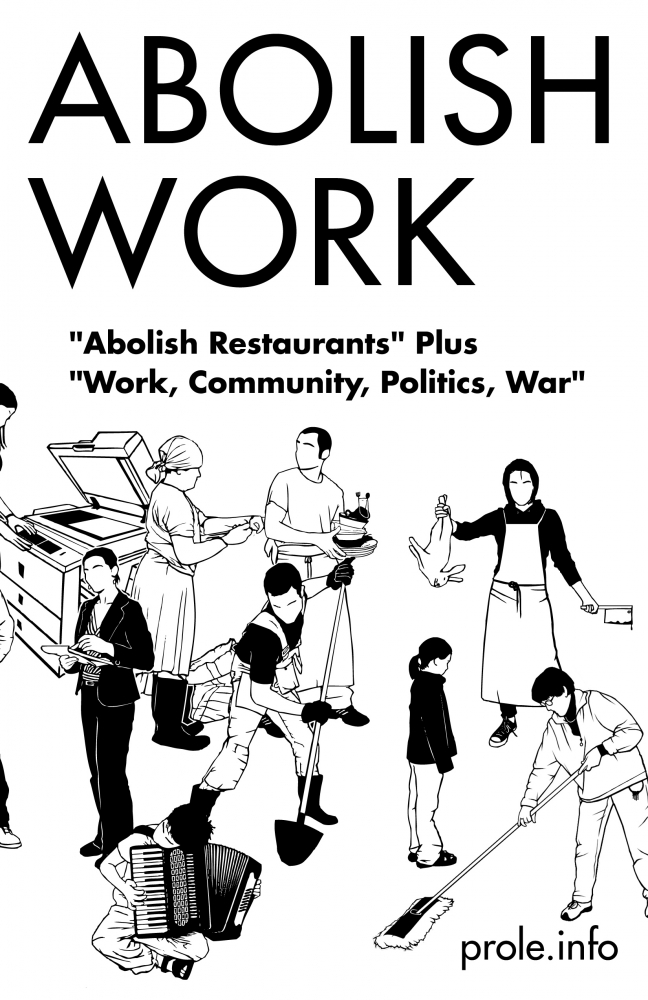
Abolish Work
read as of Nov 26, 2020
Picked this up at an anarchist bookstore - it's a short read with lots of pictures, which I appreciated. Learned a lot about the restaurant industry, but also class/labour politics in general. You can read the pdfs of the works in this book here.

The Xenofeminist Manifesto: A Politics for Alienation
abandoned as of Nov 1, 2020
This book was hard for me to read and uses a lot of jargon. It's not very long and has some pretty interesting ideas I think could be worth trying to understand, but abandoning it for now.

Writing Tools: 50 Essential Strategies for Every Writer
read as of Oct 11, 2020
A set of writing tips, each tool described in only a few pages. I found a lot of useful advice in here! There were some aspects of this book I didn't like as much: the author used some confusing metaphors, some of the tools I disagreed with or felt weren't explored in enough depth/nuance, several of the writing examples felt tedious to read, and the tools were a bit more focused on journalism and fiction-writing than I wanted. There was still lots of great food for thought though, and I found enough of the advice useful that I made a summary of the tools that you can find here.

On A Sunbeam
read as of Aug 28, 2020
Every time I read a graphic novel I'm like wow I love graphic novels I want to read more of them. This particular one was EXTREMELY pretty and v cute and queer.

Are Prisons Obsolete?
read as of Aug 27, 2020
Taught me a lot about prisons (especially in the USA and California), history, politics, and race. Short and to the point - there were many references and terms I had to look up while reading, but this was also one of the few non-fiction books I've read that didn't feel like it had a lot of filler.

A Beautifully Foolish Endeavor
read as of Aug 3, 2020
I liked the first book in this duology more, but still enjoyed this one!
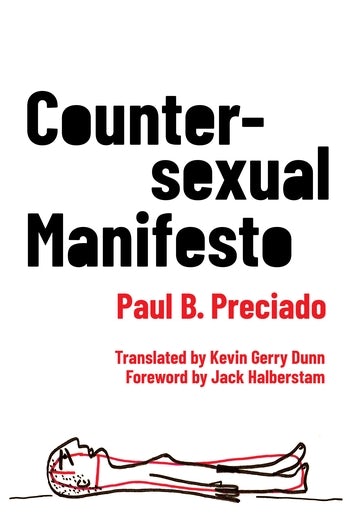
Countersexual Manifesto
want to read as of Aug 1, 2020

So You Want To Talk About Race
read as of Jul 19, 2020

Pedagogy Of The Oppressed
want to read as of Jul 8, 2020
This has been recommended by several friends. Seems like a great resource to learn more about systems of opression and progressive pedagogical ideas.

Come As You Are
read as of Mar 30, 2020
This book is advertised as sex science, but has a very self-help vibe to it. The tone frequently feels babying and the author uses some confusing metaphors, but also there are a lot of really interesting and useful concepts in it that have significantly helped me think through my feelings around sex (e.g. the accelerator/brake model) and I'd still recommend this book.

A Philosophy of Software Design
abandoned as of Mar 15, 2020
Started reading this as part of a book club at work. I don't usually like reading coding books, but it talks about some things I've been thinking about in developing my eng skills - making tradeoffs to help the code you write be less complex, such that people who work with your code in the future can understand it more easily and be less likely to create bugs and create unnecessary future complexity. We stopped reading when covid hit, but maybe I'll finish it some time!

The Art of Possibility
want to read as of Dec 12, 2019
A friend kept recommending this book to me, saying it was really helpful for them reframing their art away from the blocking feeling of needing to be 'good enough' (which is something I also struggle with). Also one of the author talks about their experience as a conductor, which is a skill I'm interested in and trained in, so seems like a cool book to check out.

The Broken Earth Trilogy
read as of Oct 1, 2019
After not reading much for a while, I devoured the first of this trilogy in a few days and it was awesome. I enjoyed the first > second > third book, but still really enjoyed the series overall. Loved how the story included polyamory in this super casual way that just was and wasn't even that important to the plot.

Learning Good Consent: On Healthy Relationships and Survivor Support
read as of Sep 22, 2019
I love this book! A collection of short writing from folks of different backgrounds, each talking about their thoughts and experiences with relationships, surviving abuse, and consent. One of the pieces is just a long list of questions, many of which I found useful exercises for reflection (e.g. 'how do you give yourself or someone else space to figure out what you/they want?', 'how might you act out gender binary behaviours, even within queer relationships and friendships? how might this affect expectations and consent?')

Queer: A Graphic History
read as of Apr 6, 2019
A great introduction to queer theory, with lots of pictures. Reading this book changed the way I think about queerness, taught me some interesting queer history, and introduced me to the idea of queer as a verb ('to queer' something, challenge binaries) vs. an adjective (an identity that describes someone).
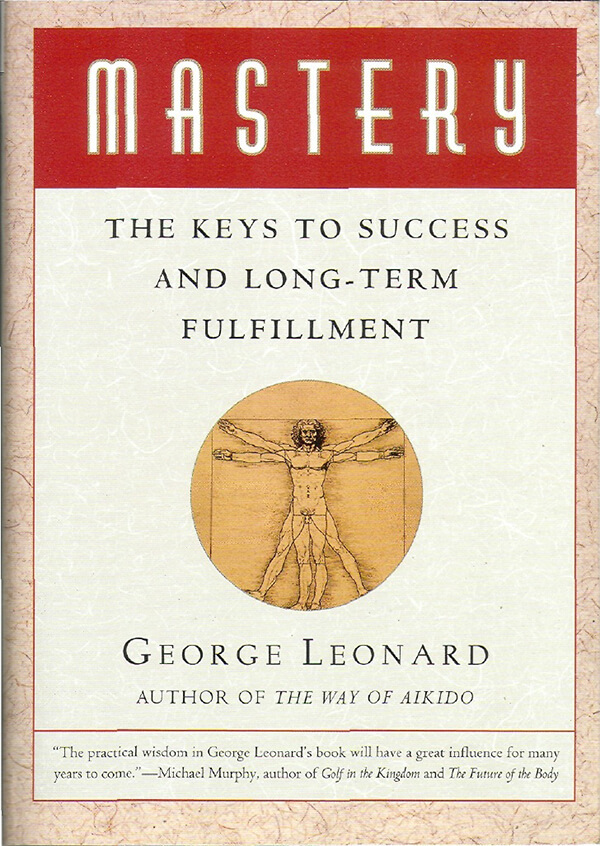
Mastery
read as of Jan 10, 2019
This book helped me think about how to approaching learning things and dedication to skill-building over a long period of time. I found some aspects of the book annoying, but have definitely come back to the ideas it discusses. You can check out some notes I took on it here.

An Absolutely Remarkable Thing
read as of Nov 12, 2018
Hank is one of my favourite 'humans from the internet' and I enjoyed his book for a lot of the reasons I enjoy his videos. This book was so casual in tone and easy to read, had a fun sci-fi story, and touched on a lot of interesting ideas around fame, power, and influence.